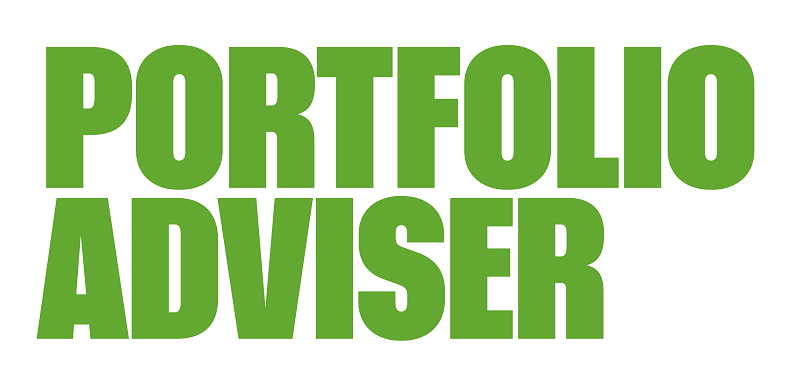The audited report, published 28 April, showed a NAV per share decrease from 378.5p to 298p for the year, having dropped to 331.7p on 30 June 2014.
The decline came against a background of another year of trading losses for the group, though the outflow was stemmed to some extent on the 2013 figure, with Gresham House reporting a £615,000 deficit in 2014 compared to £1.5m the previous year.
This loss was in spite of a net £10.6m working capital fund raise in December, as well as Gresham House being admitted to trade on the alternative investment market in October, with the initiatives not enough to offset comprehensive income arrears of £4m.
A significant figure was the net trading loss of £1.3m in the firm’s property business, driven by a shortfall on investments of £2.2m, rental income falling 14.1% from £999,000 to £858,000, and a revaluation on investment property resulting in a £523,000 deficit.
Gresham House also pointed to the issuance of 3,973,510 new ordinary shares in December as influential in the NAV decrease, while “unfavourable economic conditions” held sway over its overall performance.
Other contributing factors included dividend and investment income dropping 7.4% year-on-year from £268,000 to £248,000, alongside administration overhead costs jumping 25% in the same period.
Looking ahead, Gresham House declared its intention to develop as a specialist asset manager, and also announced the appointment of Graham Bird as head of strategic investments, effective from June 2015, who joins from a similar berth with SVG Investment Managers.
“We have started the journey to evolve the company, both organically and through acquisitions, into a specialist asset manager,” said Tony Dalwood, Gresham House CEO.
“There is a clear market opportunity to develop specialist and illiquid asset management strategies to address demand for long-term and superior investment returns.”











